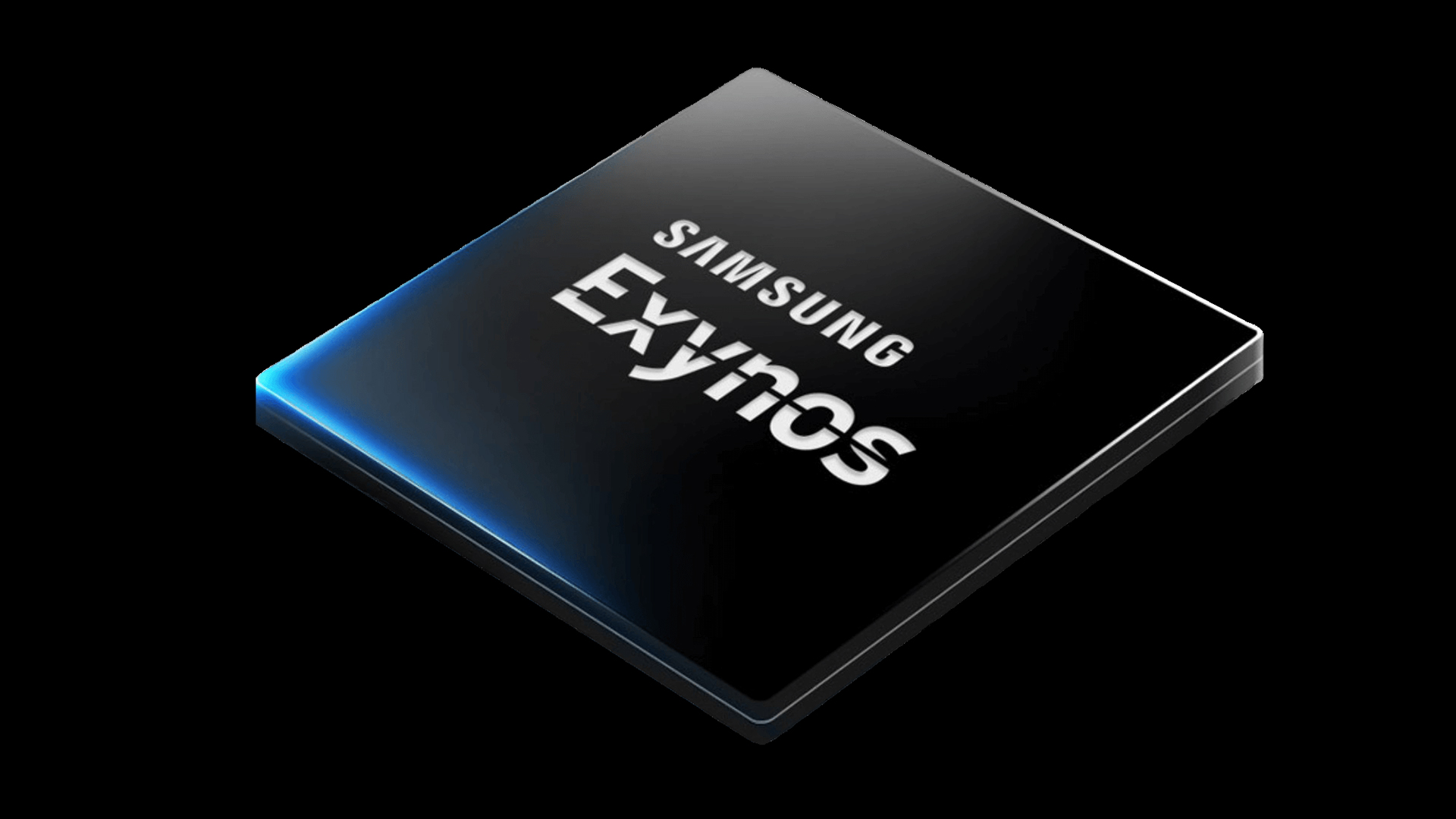Samsung's mobile chipset division is going through an important transitional period as the next-gen Exynos series is moving away from custom cores developed in house to standard ARM cores. Samsung's first chipset to make this change was reportedly confirmed today by the director of Samsung China R&D Institute. According to AnTuTu citing the source, the 5nm-based SoC is called the Exynos 1080 and it will debut soon, presumably by the end of the year through a Vivo-branded smartphone.
The source hasn't revealed any specs pertaining to the upcoming chipset but, interestingly enough, the report speculates that the Exynos 1080 was designed specifically for the Chinese market. It's not unusual for new Samsung hardware components to debut in China through a partner OEM/client – it happens frequently with camera sensors – but these components are not usually designed for the Chinese market specifically. Instead they are used by Samsung's clients as well as the company's own mobile division. This raises the question of how will Samsung's chipset division tackle the global market if the Exynos 1080 was designed for China?
Samsung could release two high-end 5nm-based SoCs for 2021
Samsung will reportedly leave the Exynos 1080 for the Chinese market while building a second 5nm-based chipset for its own mobile division called the Exynos 2100. This might clear some confusion as to why Samsung's future chipset was being referred to as the Exynos 1000 or the Exynos 2100 in different leaks. It's because Samsung will presumably launch two 5nm chipsets for the next generation of smartphones.
We came across the Exynos 2100 in an early Geekbench listing for the Galaxy S21 but it's too early to be certain of the benchmark's validity. In any case, even though both the Exynos 1080 and Exynos 2100 will reportedly be 5nm-based chips, the Exynos 2100 is said to be a slightly more powerful solution which would give Samsung's own mobile division the upper hand over its rivals from China.
Mind you, this is speculative and there's no official confirmation yet that Samsung's chipset division will follow a two-pronged strategy. The Exynos 1080 moniker was apparently confirmed today by the director of Samsung China R&D Institute but the so-called Exynos 2100 wasn't acknowledged; presumably because it doesn't concern Chinese OEMs, or perhaps because it might be more or less the same SoC rebranded for the global market. We'll keep you posted as soon as we find out more.






